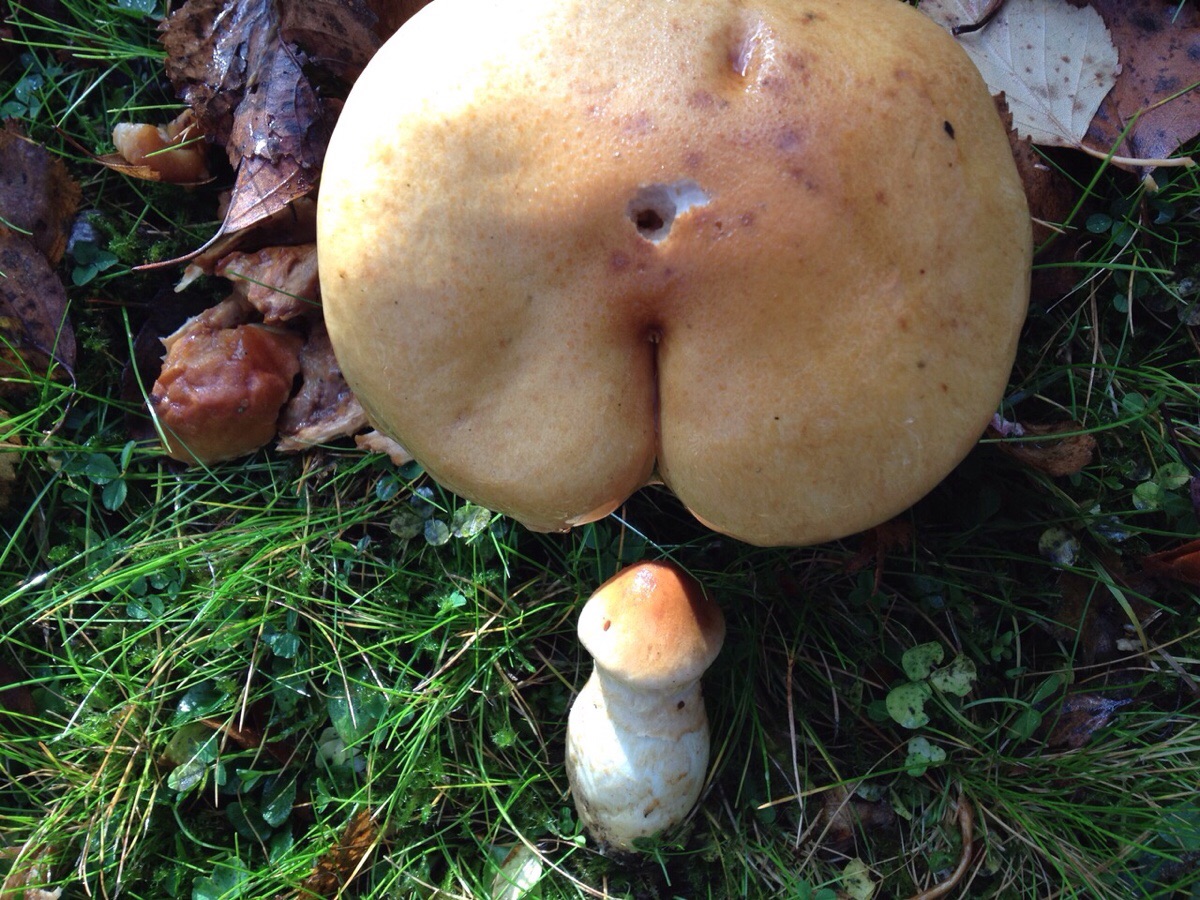Max Nihil said:
I am inclined to agree.
I've not worked commercially in mycology but have over 20 years experience with it and I did begin with tried and true methods before I began learning a lot more and doing countless experiments.
The basis of good mycology is clean technique in my opinion and although many tools (as you put it) do have their uses they ultimately are not shortcuts that can bypass the basics.
Many perceptions that exist in the hobby however are dead wrong, but information about such things is far better suited to a paper notebook than an online discussion.
Agreed!

There is definitely a divide between the industrial and hobbyist growers in many areas. Some things just aren't feasible on the hobbyist scale and similarly, some of the hobbyist teks just don't scale up nor would they be appropriate for commercial varieties. While the hobbyist growers have many more degrees of freedom when it comes to the kinds of test they can run, the data, repetition, and statistical analysis often aren't there. That having been said, I would be lying if I said I hadn't crowed sourced some really great research from the hobbyist mycology forums. On the other hand, the industry tends to have a very narrow range of research with robust methods and statistical support but doesn't share the information it gleans. Both have their own unique issues.
I also agree that misinformation is rampant, in part due to some of the reasons I listed above. However, I believe there is a more reasonable, less malevolent, and less manufactured reason for all of the discrepancy.
In both the hobbyist and commercial settings I have seen some techniques work very well for some people, but not for others. Between culturing fairly selective living organisms that can come in a wide range of genetic strains, working with variable raw organic materials as substrates, dealing with a whole host of different environmental conditions, and the skill of the individual operator, it is easy to see how different people can have wildly different experiences "doing the exact same thing." Variability and unknowns are still a large part of the very nature of mycology.
That is why again I wholeheartedly echo your call to a strong foundation in sterile technique, the basics, and dedication to the craft. The more variation that can be beaten out of the process, the better.
There is a saying in the industry that "mushroom cultures will take on the personality of their mycologist". I think that is very true. Everyone is looking for different characteristics and is applying different variants of techniques to a wide variety of living things on batches of constantly changing organic ingredients.
I may have misunderstood your closing remark but I feel as though that is the only part where I may still disagree. Regardless of the outwardly perceived quality of an individual's experience, I feel that it should still be shared. Why? Because it will either enforce verified trends, will be unusual enough to provoke meaningful discussion, or should it produce neither of those, then at the very least it would be a resource to those who might be able to address it in the future.
As an aside, in addition to the specific methods, we should also include the reasons why we guide people in the ways we do because often context matters.
In the end, I think we are all here so that we can help others avoid making the same mistakes we did and similarly learn from the experiences of others in turn. Ultimately, everyone including newcomers will need to sift through the information on their own and decide what information is valuable to them.
Phew, lots to unpack there. But long story short - I agree! Never meant to come off as confrontational - just wanted to provide a different perspective and experience.
We owe it to ourselves and the others working in our field to examine and challenge each other and the status quo - regardless of whether it is mushrooms, peppers, or anything else. If we don't share our experiences, ask questions, or challenging others, we'll never learn.



